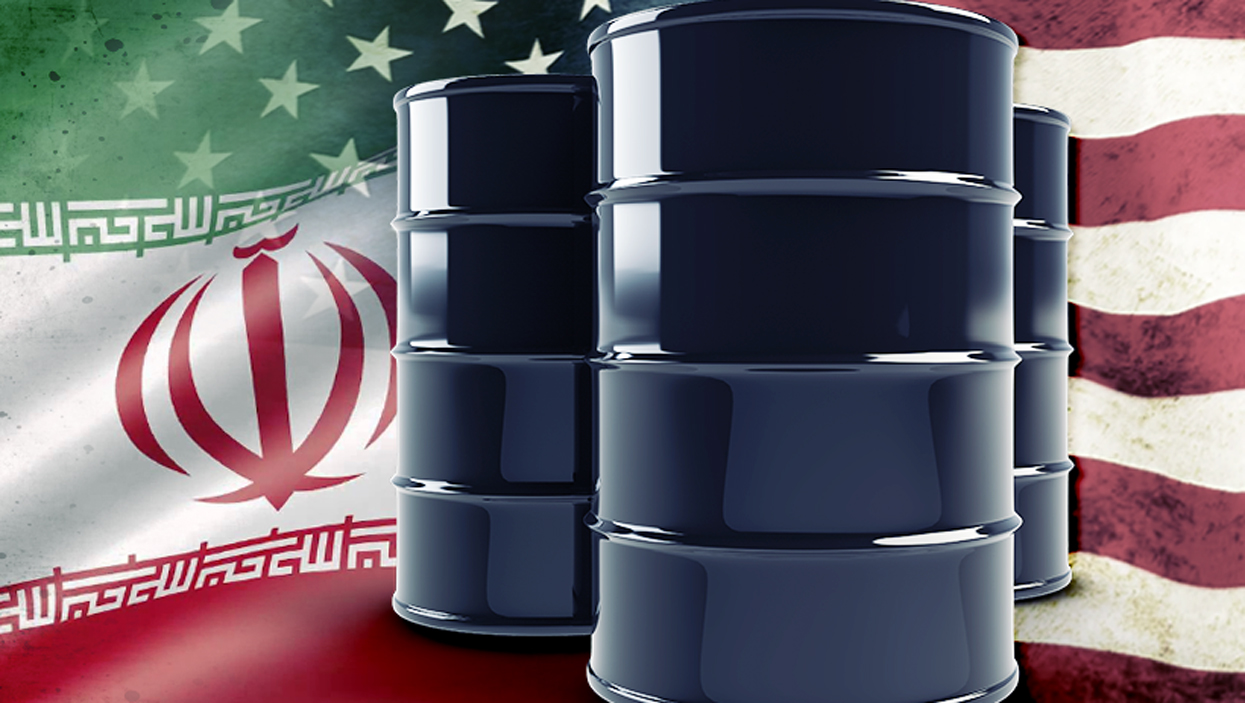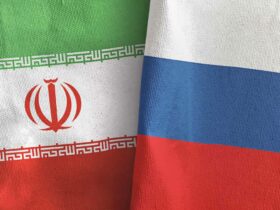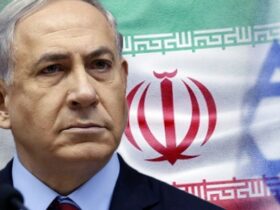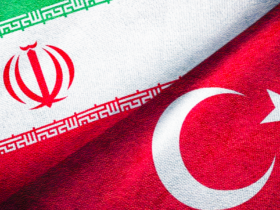The United States intends to impose massive sanctions against the Iranian oil industry after a unilateral withdrawal from Nuclear Deal (so called as JCPOA), believing that this will make the Islamic Republic of Iran once again come to the negotiating table and negotiate with the United States on the nuclear issue. Washington’s sanctions are scheduled to begin November 5 of this year. In this article I will analyze the situation and Iran’s potential strategies for circumventing oil sanctions.
Iran currently exports 2.7 million barrels of oil per day, of which 25% are exported to China, 18% to India, 14% to South Korea, 9% to Turkey and 7% to Japan. The United Arab Emirates, Italy, Spain, France and Greece are also import oil from Iran. According to EU officials, the European Union emphasizes the continuation of economic cooperation with Iran in the framework of the JCPOA but, it should be acknowledged that the US sanctions in November could still negatively affect EU imports from Iran. Turkey has officially announced that it will stand against these sanctions and will continue to maintain economic relations with Iran in terms of oil. South Korea is currently engaged in peace-building with North Korea, and, in this regard, it needs the United States’ solidarity and cooperation: for this reason, it can be predicted that they will support Washington in Iran’s sanctions program. Korean officials have nonetheless said that, for technical reasons, they will not be able to support the US in the short term. Japan also considers itself as an ally of the United States and will seek an alternative to Iran’s oil, but they too, like South Korea, cannot implement the program in the short term. China, on the other hand, is in the economic war with the United States and certainly will not support the sanctions. India also needs Iran’s influence in the Middle East and will not revise their import of Iranian oil. In addition, importing oil is one of the key pillars of economic growth in China and India, and so the two countries, the largest importers of Iranian oil, cannot cut off oil imports from Iran even if they had the desire to do so.
With all this in mind, it can be concluded that, at worst, November sanctions could reduce Iran’s oil exports by less than 50%, And China, India and Turkey, which buy more than 50% of Iran’s oil exports, will continue their oil trade with Iran.
But what can Iran do about this 50 percent reduction in oil exports?
Iran has five major strategies:
1) A complete cut off oil sales.
Iran may completely stop oil exports, severely exacerbating problems in the global oil market. In this context, Iran will be able to leverage these resulting difficulties for its political needs.
2) Use of sanctions exemptions.
Many of Iran’s oil importer countries cannot cut off their oil purchases from Iran immediately after the sanctions start, and oil sanctions designers have taken this issue into account. According to the sanctions law, if a country cannot cut its purchases from Iran for technical or commercial reasons, a significant drop in oil imports from Iran would be enough to not invoke penalties due to the terms of the sanctions. Japan and South Korea will follow this path, and, accordingly, the export of Iranian oil to these two countries will certainly not be completely cut off.
3) Finding new customers.
Iran can, by finding new customers and offering special discounts for 50% of its oil , keep up its normal oil sales. Many countries in South America and East Asia now want new oil deals with Iran.
4) Barter oil with goods or services.
In exchange for oil sales, Iran can receive products from the oil buyer’s country. But the challenge here is that Iran can only receive strategic goods that are not similar to those produced inside Iran or receive special infrastructure services in exchange for oil sales: bartering consumer goods cannot be profitable for Iran.
5) Iran’s customers can find new ways to pay for oil.
This is Iran’s most important strategy. It is enough for Iran to receive the money to sell its oil at a currency other than the dollar. The fact behind the US sanctions program against Iran is that the November sanctions will include three groups: companies using US dollars, companies that work with American banks and companies operating in the United States. In this regard, Iran can find a new way to get its oil money by considering these three issues, and if successful, even European companies can still be importers of Iranian oil. It is enough for Iran to receive the money to sell its oil in Euros or Rubles; or any currency other than the dollar, as long as it is through a company that does not operate in the United States!
Of course, the withdrawal of several companies from Iran revealed that many European companies do not want to risk defying the United States sanctions in November. But Donald Trump, after the start of the trade war with Europe and the imposition of customs duties on European exports to the United States, has virtually turned Iran into an instrument of economic and political power in Europe against America. It is not yet clear what Europe’s position will be in relation to these sanctions, but it may put Washington in a state of isolation by continuing to buy oil from Iran.
We must remember that before the JCPOA, Iran had already undergone severe sanctions on oil exports, and has experience in this field. With the 2011 sanctions imposed by Barack Obama, any link with the Central Bank of Iran was cut off and the EU fully complied with the sanctions against Iran. Iran, however, virtually nullified US sanctions by bypassing them in the pre-JCPOA period, which led to Washington’s tendency to negotiate with Iran. The November sanctions are roughly the same as the 2011 sanctions, with the difference that Iran has become more experienced in dealing with sanctions, the European Union will not follow the United States as much as it did 2011, and the United States has become more isolated because of the international policies of Donald Trump.

















Leave a Reply